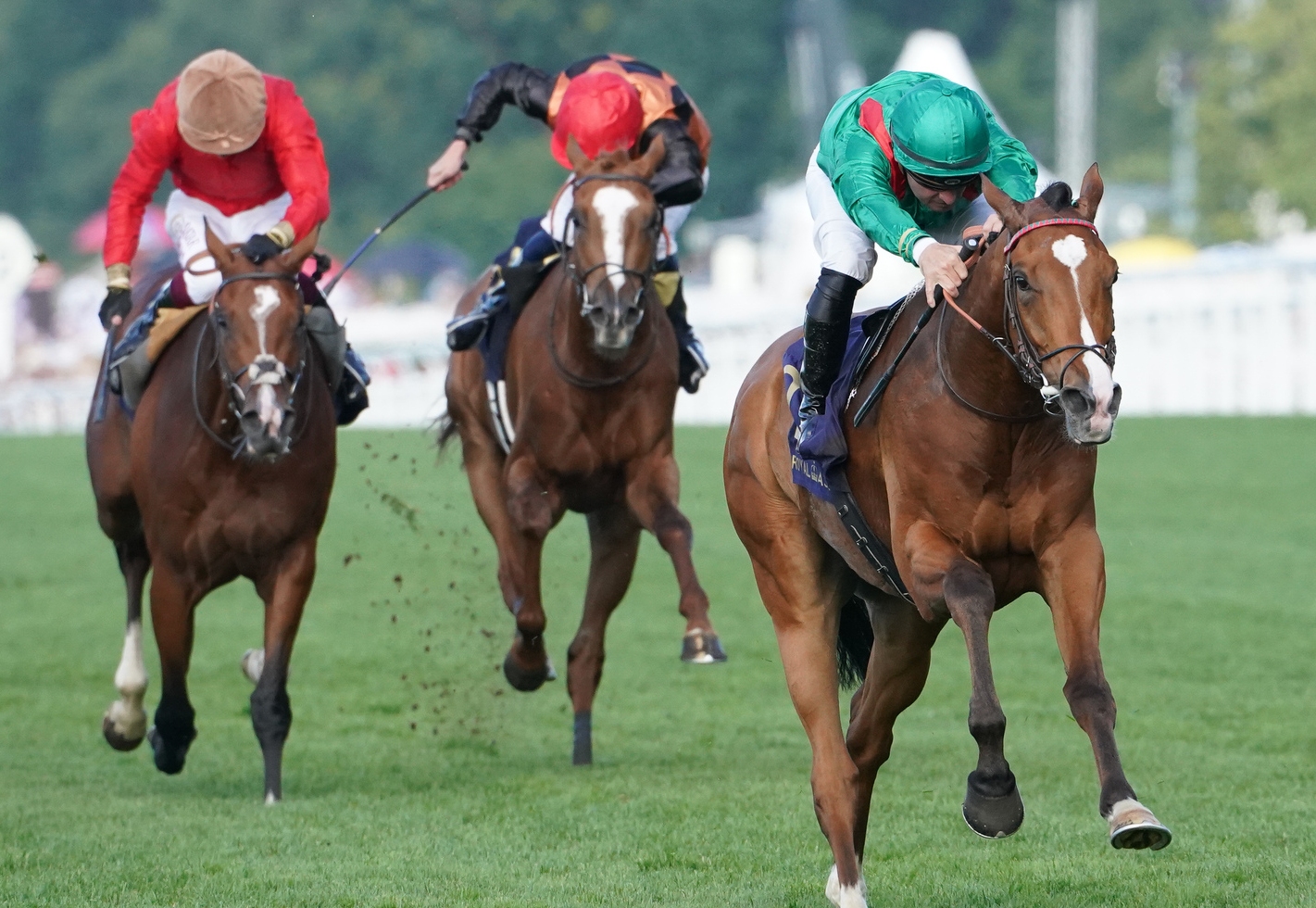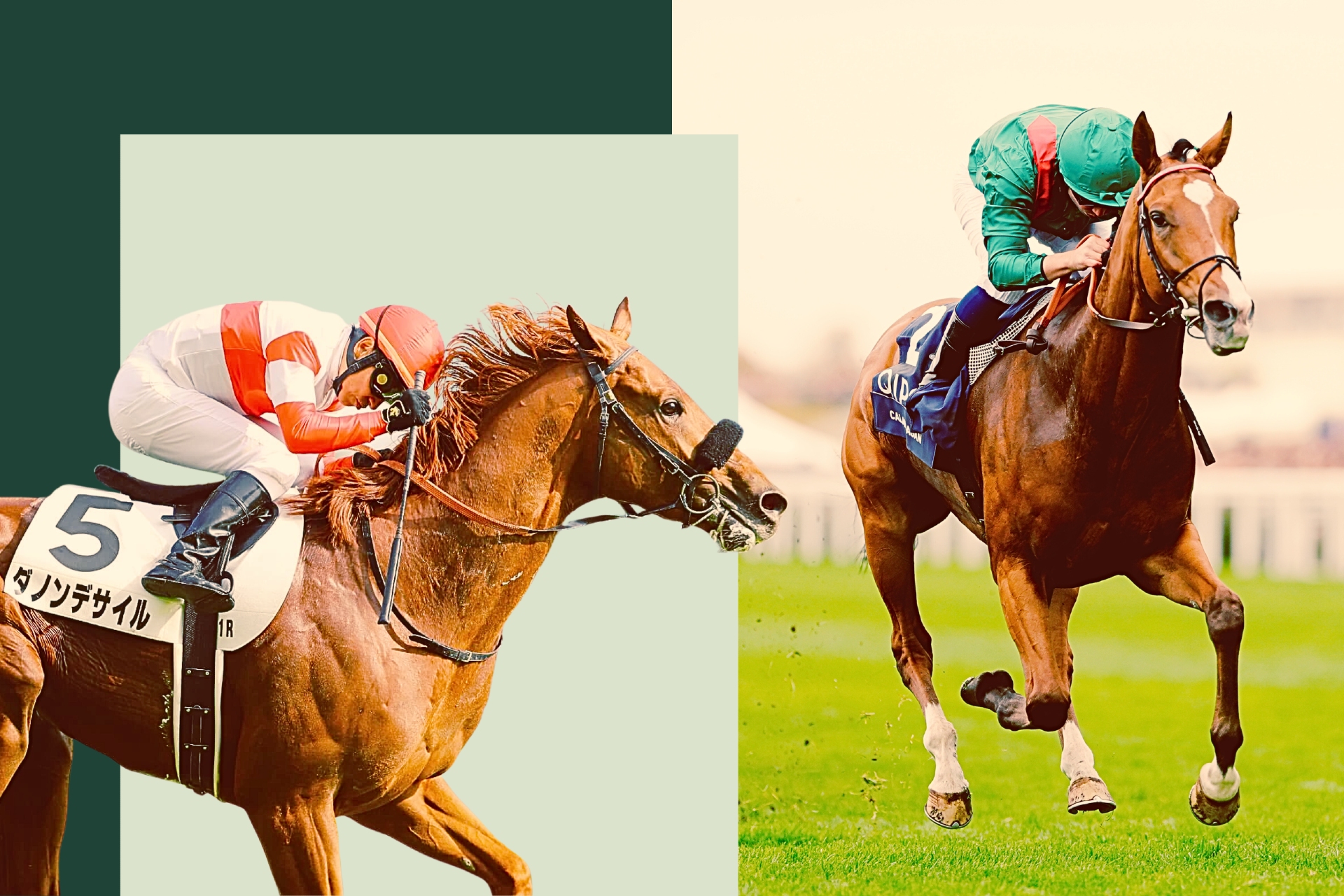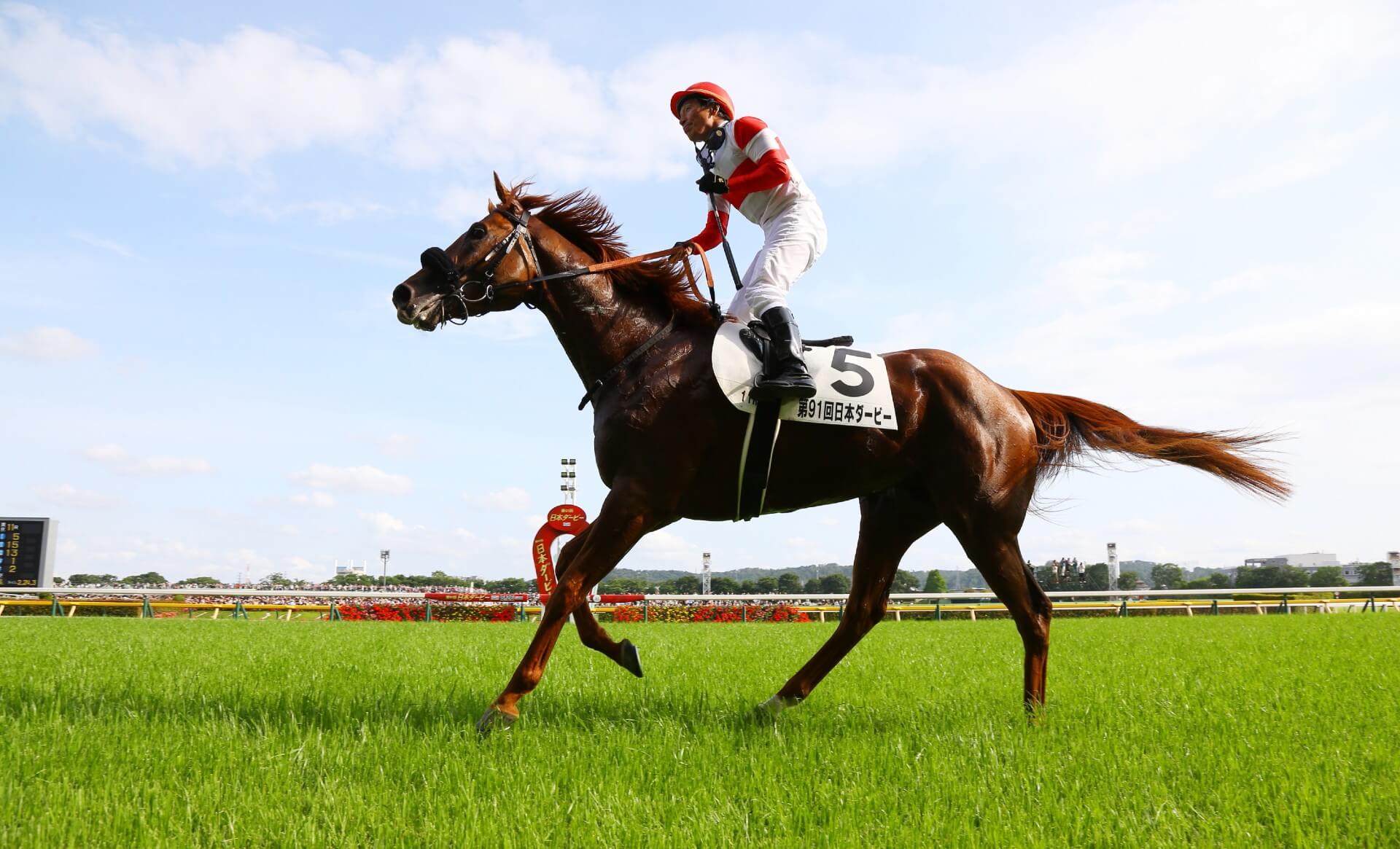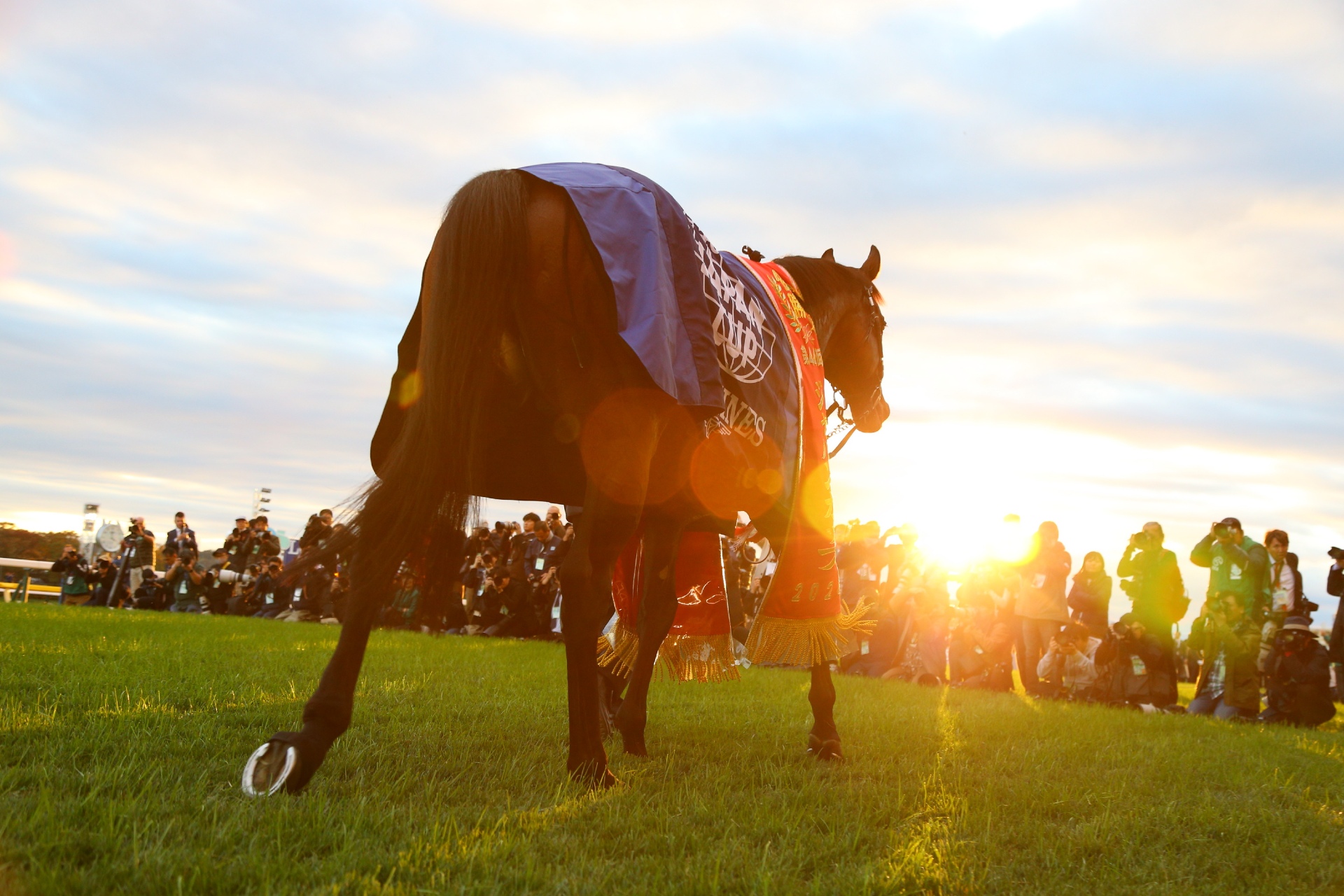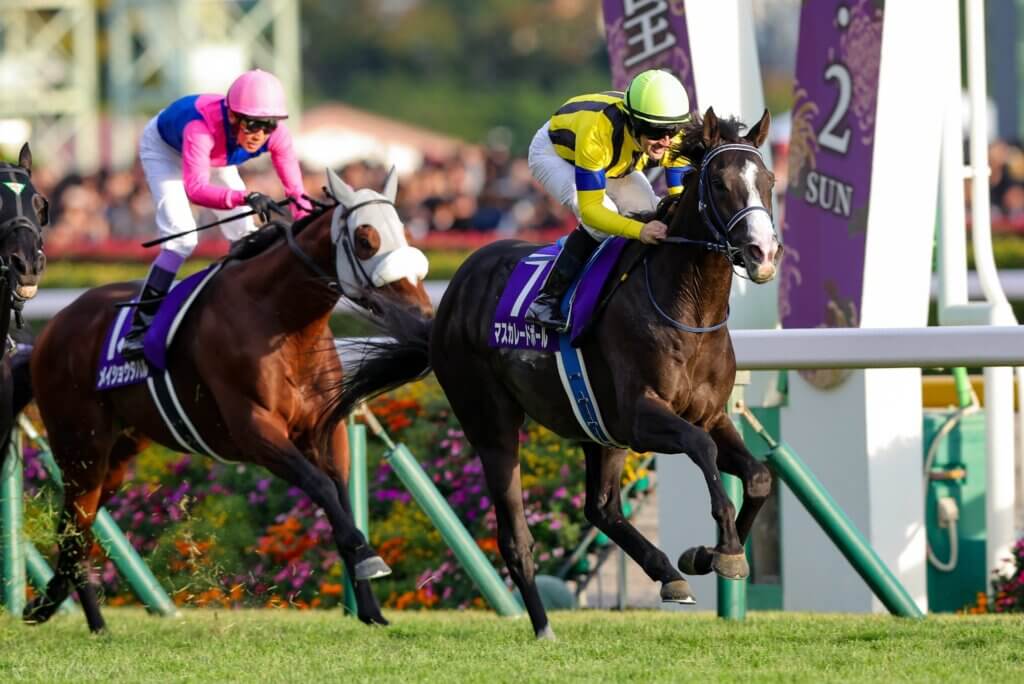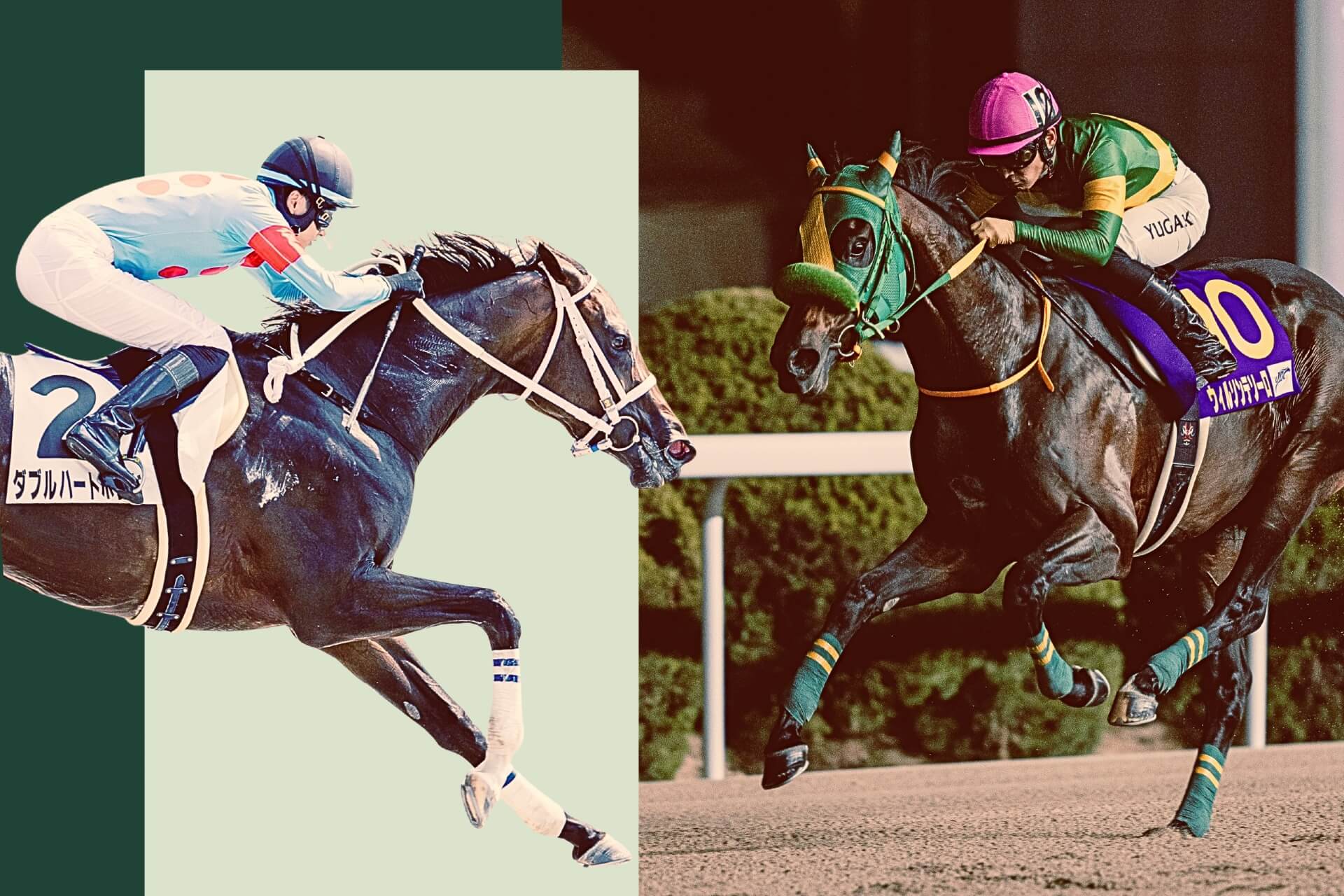2025 G1 Japan Cup
The Japan Cup was instituted in 1981 as a race to attract international runners to test and improve Japan’s top horses, and the first edition went to the American mare Mairzy Doates. The race is now worth US$3.3 million to the winner alone and is one of the world’s great mile and a half races. To say the Japan Cup has worked would be an understatement, but perhaps it has worked too well: after overseas horses won 14 of the first 25 Japan Cups, the last 19 have all gone to Japanese-trained runners with genuine champions from Europe rarely sent to the race in the past decade or so.
Venue: Tokyo
Distance: 2400m
Value: ¥1,090,000,000 (approx. US$7,267,000 million)
Will Calandagan End The Foreign Drought?
You have to go back to 2005 to find a foreign-trained winner of the Japan Cup. That was the Luca Cumani-trained Alkaased from Britain, who was ridden by Frankie Dettori and was the last of the truly big-name European winners, following on from Falbrav, Pilsudski and Singspiel. That ‘best of the best’ standard was what it took to win the Japan Cup by the mid-1990s into the early 2000s and the list of beaten European stars around that time includes heavyweights like Montjeu, no less.
Calandagan is a throwback to those European stars of yesteryear. His wins in the G1 King George VI And Queen Elizabeth Stakes and the G1 Champion Stakes at Ascot this year mark him out as a champion among his peers. That makes him the best foreign-trained candidate for Japan Cup glory in recent times, more so even than Auguste Rodin last year. But anything less than a championship performance will not be enough.
What About The Derby Winners?
There are three winners of the G1 Tokyo Yushun, the Japanese Derby, in the mix for the Japan Cup, the 2023 Derby hero Tastiera, last year’s winner Danon Decile, and this year’s hero Croix Du Nord. The last Derby winner to land the Japan Cup was Do Deuce 12 months ago and he was the fifth Derby winner this century to go on and win the Japan Cup. But he was a five-year-old then, and no Derby winner has won the race in the same year since Jungle Pocket in 2001.
That makes Croix Du Nord’s task tough, given that he has also had a return from a tough failure in the Prix de l’Arc de Triomphe to get over, too. Even the Triple Crown winner Contrail was beaten in the Japan Cup as a three-year-old in 2020 (albeit behind the great Almond Eye) before winning it a year later.
Have Three-Year-Olds Generally Done Well In The Race?
Actually, only seven three-year-olds have ever won the race and four of those were this century: Jungle Pocket, Rose Kingdom and the exceptional fillies Gentildonna and Almond Eye. But Rose Kingdom had been second in the Derby and the St Leger (Kikuka Sho), and that echoes with the current market leader, Masquerade Ball, who this year has also placed in two classics, third in the Satsuki Sho (2,000 Guineas) and second in the Derby, and he showed he had improved since when winning the Tenno Sho Autumn at 2000 metres last time.
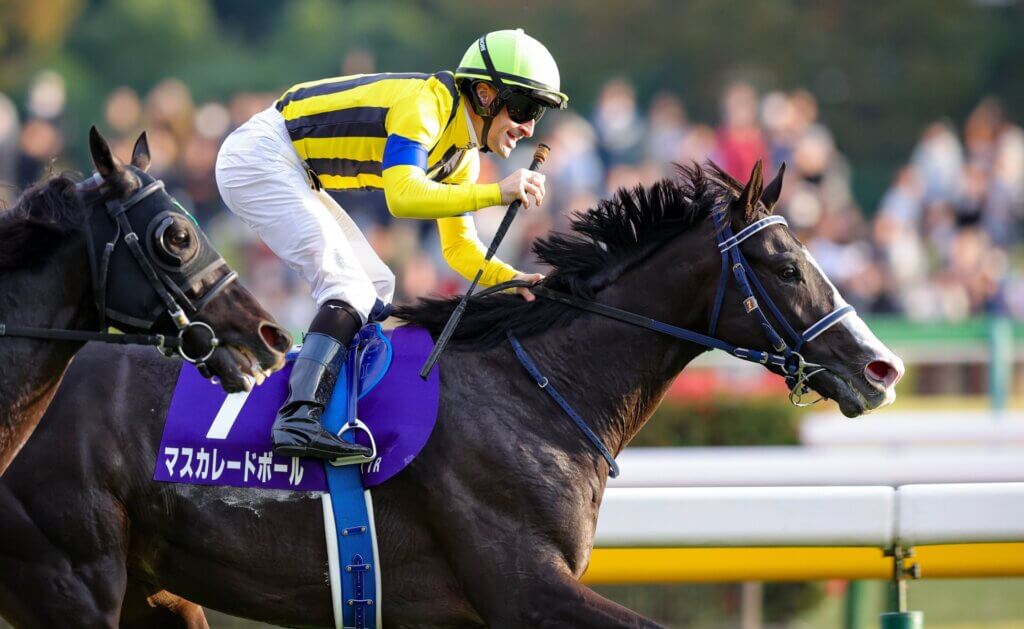
How Does Winning The Tenno Sho Stack Up For Masquerade Ball?
The Tenno Sho Autumn, Japan Cup and Arima Kinen make up Japan’s “Autumn Triple Crown” of weight-for-age championship races. Only T M Opera O and Zenno Rob Roy have completed that treble in the same year. The Tenno Sho Autumn/Japan Cup double in the same year has been achieved six times in the last 44 years. But the latest three of those all came in the past five years (Almond Eye in 2020, Equinox in 2023, Do Deuce in 2024), so the double is a hot trend. If Masquerade Ball manages to pull it off, he could well be aimed at the Arima Kinen in December to try and complete the autumn trio.
Is There A Dark Horse Waiting To Burst Through?
Yuga Kawada looks set to ride the four-year-old Admire Terra for trainer Yasuo Tomomichi who has won the race previously with Cheval Grand and Do Deuce. Former champion jockey Kawada, though, has never won the race in 12 attempts going back to his ride on Delta Blues in 2007.
Admire Terra is hovering around sixth choice in the market and has a record of five wins from 10 starts. His only Group 1 attempt saw him place third in last year’s Kikuka Sho and he has won two from three this term, including the G2 Meguro Kinen, and was a close fourth in the G2 Kyoto Daishoten last time. Interestingly, the last horse to win at double figure odds was Tomomichi’s Cheval Grand, who warmed up for the Cup with third place in the Kyoto Daishoten. ∎
